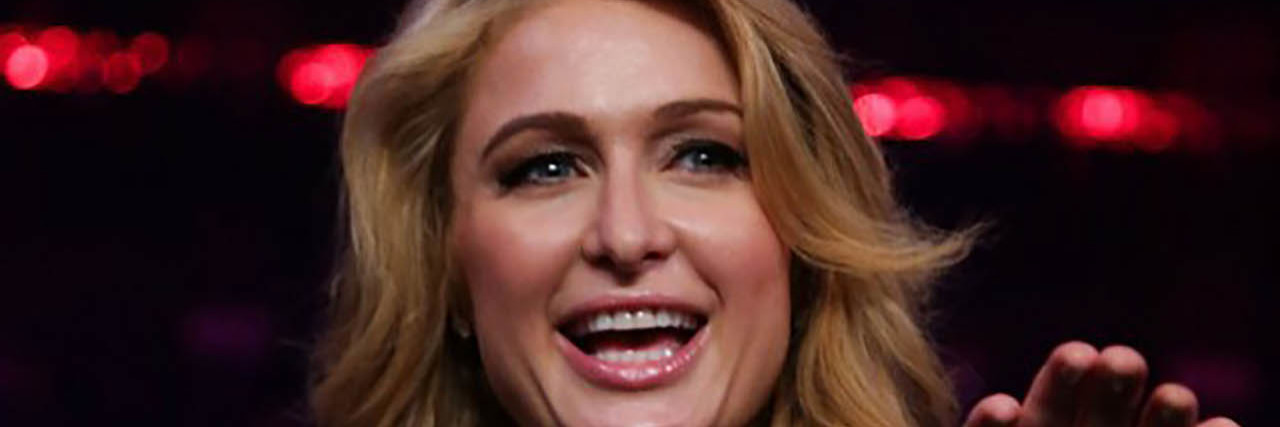Paris Hilton Shares the Trauma of Being Publicly Shamed for Her Sex Tape
Editor's Note
If you’ve experienced sexual abuse or assault, the following post could be potentially triggering. You can contact The National Sexual Assault Telephone Hotline at 1-800-656-4673.
In a new feature from the Los Angeles Times, businesswoman, DJ and socialite Paris Hilton opened up about one of the most difficult times in her life — when an ex-boyfriend released the now-infamous sex tape of her in 2004 without her consent. She was 20 years old at the time, and it had a lasting impact on her mental health.
“As a little girl, I always looked up to Princess Diana and women like that who I respected so much. And I felt that when that man put out that tape, it basically took that away from me,” Hilton said. “Because, for the rest of my life, people are going to judge me and think of me in a certain way just because of a private moment with someone that [I] trusted and loved.”
After the tape was released, Hilton was was the target of public shaming, something she believes wouldn’t have happened were it released in today’s #MeToo-conscious culture.
“Back then, people were acting like I was the bad person or the villain,” she told the LA Times. “Today, if that happened, whoever did that to the person would be [vilified].”
According to the Journal of the American Academy of Psychiatry and the Law, severe humiliation, like when an abusive partner’s actions cause harm, can have deep psychological implications. The person affected is often more at risk for major depression, suicidal thinking, severe anxiety and in some cases, symptoms of post-traumatic stress disorder (PTSD).
Following the scandal, Hilton experienced depression and suicidal thoughts, and struggled to leave the house. She addressed how traumatic the experience was in Netflix’s 2018 documentary, “American Meme.”
“It was like being raped. It felt like I’d lost part of my soul and been talked about in such cruel and mean ways,” she said in the documentary. “I literally wanted to die at some points. I was like, ‘I just don’t want to live,’ because I thought everything was taken away from me. I didn’t want to be known as that.”
Though most of us will never experience the magnitude of public shame Hilton went through as a celebrity, sexual assault survivors may relate to the fear of being judged by others and defined by what happened to them due to the actions of their abuser. In her piece, “5 Reasons Sexual Assault Survivors Don’t Open Up About Their Abuse,” childhood sexual assault survivor Monika Sudakov wrote:
Most of us feel deep shame about it. We question what we did wrong. Why didn’t we stop it. We must be bad. We must have deserved it. If our bodies responded the way they are programmed to we feel even more shame because obviously we must have enjoyed it or our bodies wouldn’t have reacted that way. So we pack that shame so far away and under so much heavy armor that we don’t have to feel it because it’s overwhelming.
If you are struggling with the impact of trauma, you’re not alone. If you’ve been humiliated, judged or ostracized because of how a perpetrator took away your agency, know it’s not your fault. You never deserved to be treated that way.
To connect with a community that cares, we encourage you to post a Thought or Question on The Mighty with the hashtag #TraumaSurvivors. Whatever you’re facing today, you don’t have to go through it alone.
For supportive content from our trauma survivor community, check out the following stories:
Image via Creative Commons/Marian Woo

